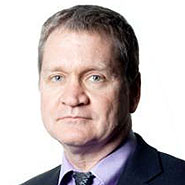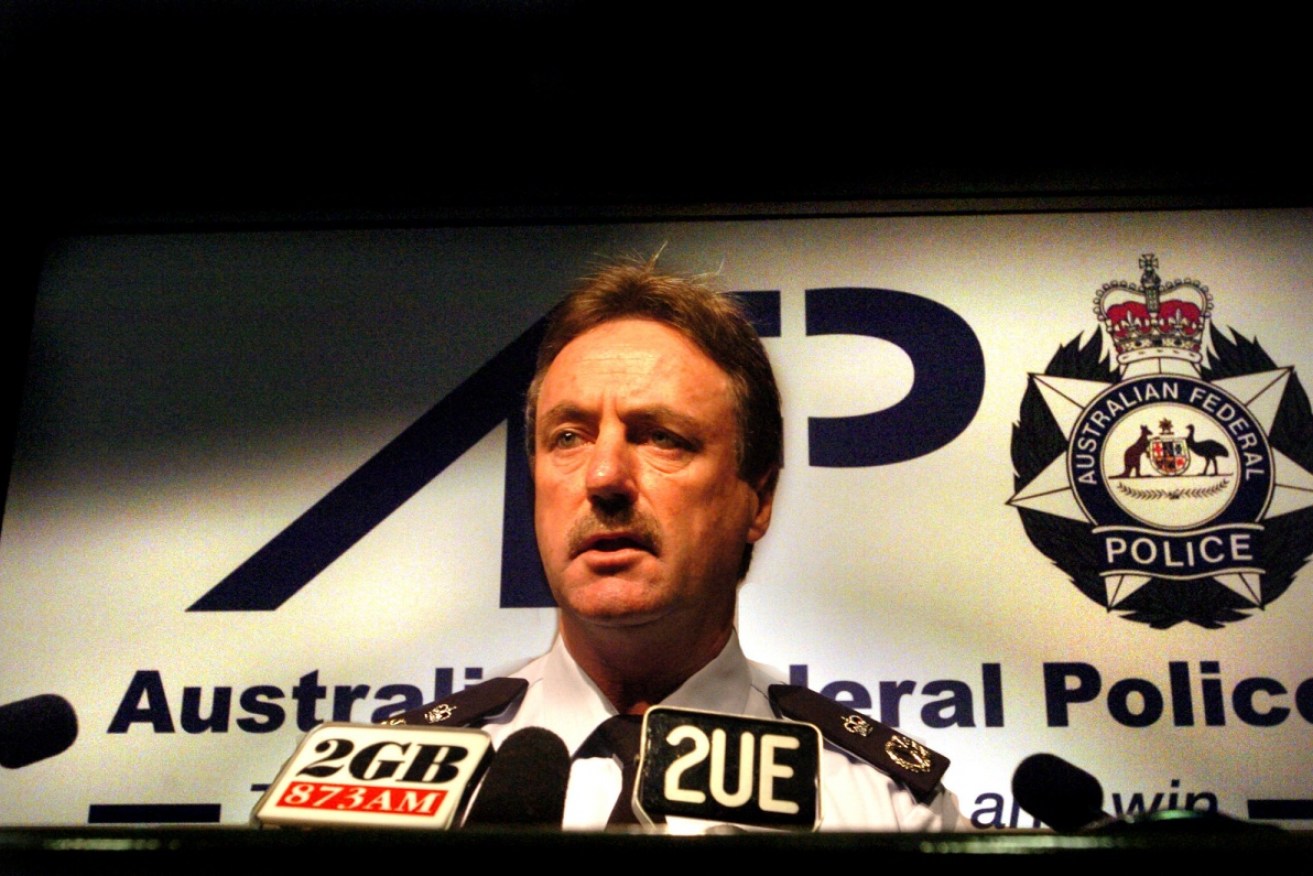AFP must explain its role in Bali executions


The shots that killed the eight convicted drug smugglers on Bali were heard – and felt – around the world.
In Australia, the shock and sense of tragic waste at the deaths of Andrew Chan and Myuran Sukumaran will reverberate for years.
The execution went ahead despite strong evidence of their rehabilitation during a decade in jail. However, being opposed to the death penalty means that you are opposed to it in all cases, even if there is no change of heart and mind.
• Monica Attard: Bali deaths cause heated reaction
• Bishop warns Indonesia of consequences
• Chan, Sulkumaran’s final hours
What is needed now is a closer examination of the public policy actions which led to the arrest and execution of Chan and Sukumaran, and to Australia’s broader stance towards the death penalty.

Andrew Chan and Myuran Sukumaran.
The AFP will face a Senate hearing over the role it played in the arrests of the Bali Nine, amid fresh calls for answers about the events that ultimately led to the executions.
Despite a number of reviews and a Federal Court ruling in favour of the AFP, the Senate will again investigate the Bali Nine case after South Australian independent Nick Xenophon said he would raise the issue in hearings set for next month.
The tragic executions have cleared the way for the Australian Federal Police to fully explain their role in the 2005 “Bali Nine” drug bust.

New AFP chief Andrew Colvin.
In March this year, AFP Commissioner Andrew Colvin said he understood the Australian public’s right to better understand the AFP’s work and its role back in 2005 during the Bali Nine investigation.
Colvin argued that, behind the scenes, the AFP had supported the Australian government’s lobbying for mercy and it was not the time to release further information.
“So, at the right time, I will discuss this in a lot more detail and I take the questions that the public obviously wish to ask.”
Foreign Minister Julie Bishop said on Wednesday the immediate priority was to support the families of those involved. She argued that the involvement of the AFP was reviewed a number of years ago and changes were made.
Yes, the families need support. But they also deserve the truth, from the AFP and our political leaders.
The speech by the AFP Commissioner left the impression that the AFP was not going to give a lot more detail and was largely going to defend its actions, rather than explain them.
The Commission used the speech to the Lowy Institute to deny that the AFP had “blood on its hands” and to argue that some media coverage “doesn’t accurately reflect our role and work in 2005”.
He said the inaccurate media coverage “ignores the findings of several reviews and judicial hearings that have since scrutinised the AFP’s actions”, and that the AFP has at all times been “transparent and accountable in relation to this matter”.
The AFP has always argued that a Federal Court judgement by Justice Paul Finn in 2006 gave a strong endorsement of its actions.
It’s true that the judgement said the police actions were a “valid exercise of official power” and that the AFP’s communications with the Indonesian police had a “proper and rational purpose in the furtherance of that police investigation”.

Indonesian armored police vehicles transporting the Bali NIne duo.
However, the judge also called for Australia to address the exchange of information with overseas police forces where it could “predictably” result in a person facing the death penalty overseas.
This use of the term “predictably” conflicts with the AFP’s insistence that it could not have known that the tip-off they gave to Indonesian police would lead to the firing squad.
But the judge also said it was a “foreseeable consequence” that the Bali Nine would be exposed to the death penalty by the AFP’s tip-off.

Indonesian special police squad hold a drill ahead of the transfer of death-row prisoners Chan and Sukumaran.
Moreover, the Federal Court judgement was about a narrow question of administrative law, whether he would grant some of the Bali Nine discovery of AFP documents, rather than a full examination.
It revealed a crucial question which remains unanswered, a decade later.
The AFP delivered the tip-off to Indonesian police in a letter in April 2005, asking for them to hold off on arrests “until interdiction commences in Australia as early interdiction will hamper the identification of the organisers/recipients in Australia”.
However, a second AFP letter to their Indonesian counterparts on April 12 refers to four of the group planning to fly back to Australia, with others planned to return two days later.
The second letter said that, if arrests were made, the latter group would probably become suspicious and decide not to board their flight. It asked the Indonesian police to consider searching the second group “soon after the first group are intercepted”.
The letters showed the AFP had detailed knowledge of the Bali Nine’s plans, including an alleged drug run from Bali in late 2004 which did not proceed due to lack of money to buy “the stuff”.
It’s true that the AFP’s guidelines on international police-to-police assistance in “death penalty situations” have been revised since the arrest of the Bali Nine, most significantly in 2009.
But this was largely driven by politicians, rather than through the leadership by the AFP.
Yet the attitude of Australian governments of all stripes towards capital punishment should also be scrutinised because it is inconsistent, even from what is on the public record.
For example, we say nothing about the execution of criminals in nations that are our allies, like the US, despite frequent cases of wrongful convictions and botched and inhumane methods of execution.
We rightly savage the atrocities of ISIS in Iraq and Syria, but we don’t give a squeak in public when Saudi Arabia beheads an Indonesian housemaid.
When researching earlier articles on the Bali Nine, I was amazed to discover an admission by the Howard government in August 2007 about police cooperation in death penalty cases.
In response to a query from the NSW Council for Civil Liberties, the then Justice Minister David Johnston defended the existing controls.

Brintha Sukumaran (right) , the sister of Myuran Sukumaran, made an emotional plea to Joko Widodo to reconsider the executions of the Bali Nine.
Johnston said in a letter that the existing arrangement allowed the AFP to provide assistance to overseas police without reference to the Attorney-General or the Justice Minister, until charges were laid for an offence that attracted the death penalty. View the letter here (PDF).
“Since the formulation of these guidelines, the Minister has been asked three times to authorise the continuation of police to police assistance in post-charge death situations,” the letter said.
In these three cases the Minister authorised assistance – including forensic support and intelligence — to police in Indonesia, Malaysia and Tonga.
“On all occasions, no guarantee was sought from these agencies’ government that the death penalty would not be sought or applied in relations to the investigation,” the letter added.
What were these cases? The Indonesian investigations might have related to terrorism but what about the Malaysian case, let alone Tonga?
These broader issues should be further examined by an all-party committee of the Australian parliament, to ensure that Australia is consistent on its stance against the death penalty.
But that leaves the grieving families, friends and supports of Andrew Chan and Myuran Sukumaran.
The first was a newly-ordained minister and husband, and the second an artist whose talent bloomed behind bars.
Their deaths solved nothing and need further explanation, as does Australia’s stated policy of being opposed to the death penalty.








